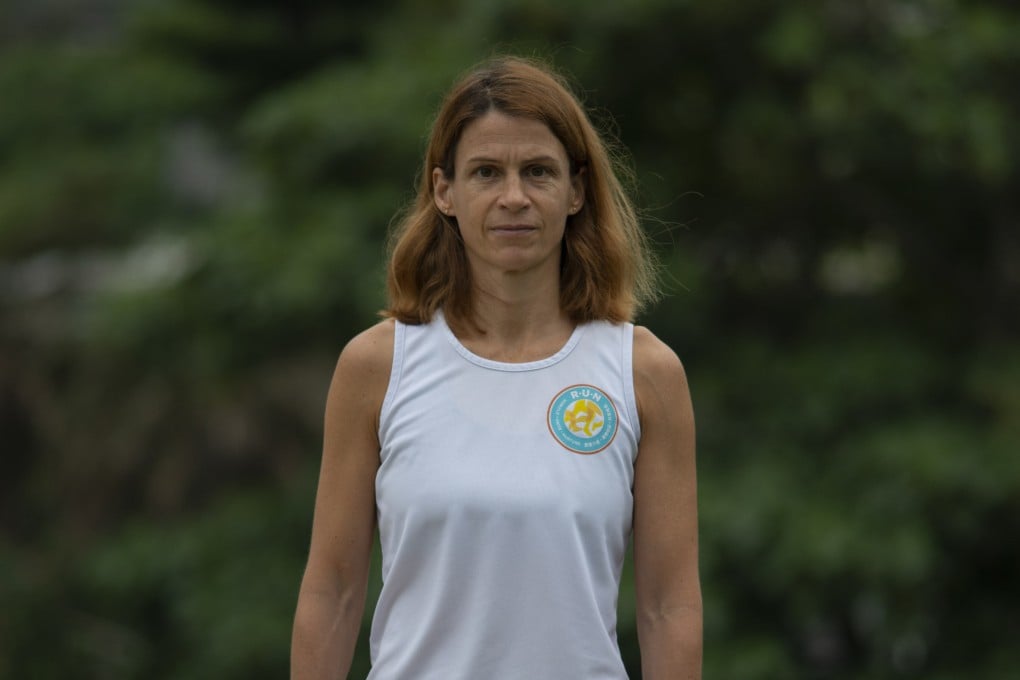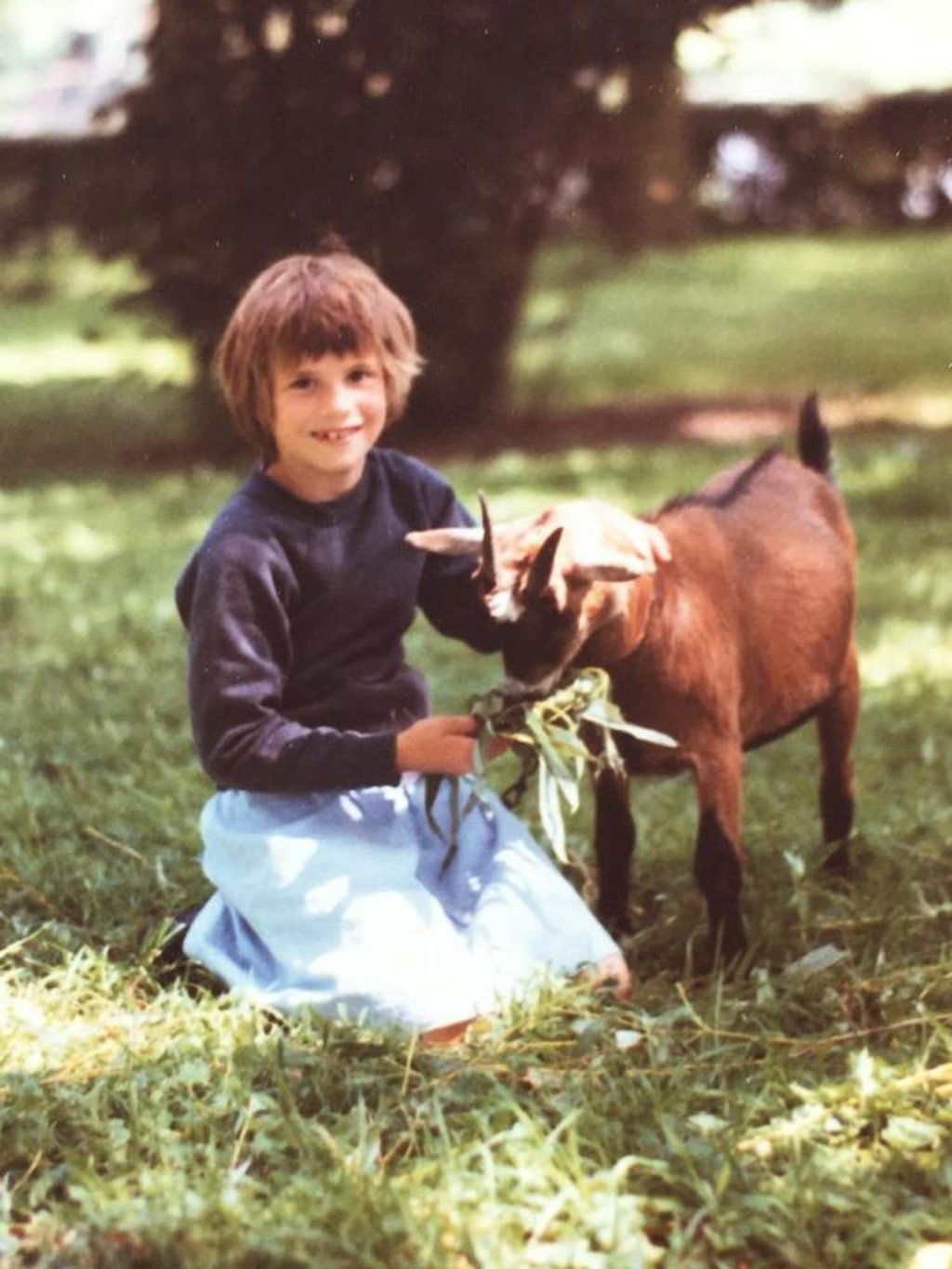Profile | ‘Where is the humanity?’ Refugee charity co-founder on helping sexual violence victims through sport, Hong Kong’s inadequate aid and getting into running
- Virginie Goethals arrived in Hong Kong in 2014 and found it ‘a bit of a shock’ how money seemed to be the benchmark for everything one does
- She tells Kate Whitehead about co-founding RUN, which helps refugee victims of sexual violence and torture recover their mental and physical strength via sport

Great outdoors I was born in 1976, in the Dutch part of Belgium, and grew up in a small village in the countryside called Melle, close to Ghent. I have three siblings – an older and a younger brother and we were a foster family for my sister, so my mum was very busy. We lived in a run-down house in the countryside that my parents had bought and were always improving.
My dad was self-employed and worked in the car industry. There were financial struggles and we didn’t grow up in a privileged environment. As a child I had a couple of goats, dogs and chickens. Our holidays were spent outside – camping in the garden, going fishing. I really grew up outside, quite in the wild. I rode my bike to school in Ghent through the rain and wind.
My dad was tough on my sister and I; we just had to get on with things, no different from our brothers, and were expected to repair the sheds in the garden, paint the walls or cut the grass. I learned that women are equal to men, that we can do the same things physically.
Walk in the park When I was 16, I got involved in organising activities for undocumented migrant children and ethnic minority kids on Saturdays at the Don Bosco Homework Support Centre. We made pancakes and went to the park and played games like hide and seek. It wasn’t easy to engage the girls, especially the Muslim girls, but we did home visits and talked to the parents and then some of them were able to come. We also took them to the countryside for a week-long summer camp.

It wasn’t always easy. I remember getting a scare one night when I was 18. I left the centre in the evening and found some young men with baseball bats sitting on my old Volvo. They said, “What are you doing in this neighbourhood? You are white, you shouldn’t be here.” I told them I worked at the centre and, fortunately, one of the boys said his little brother went to the centre and he thanked me. After that, every Saturday I had my parking spot.